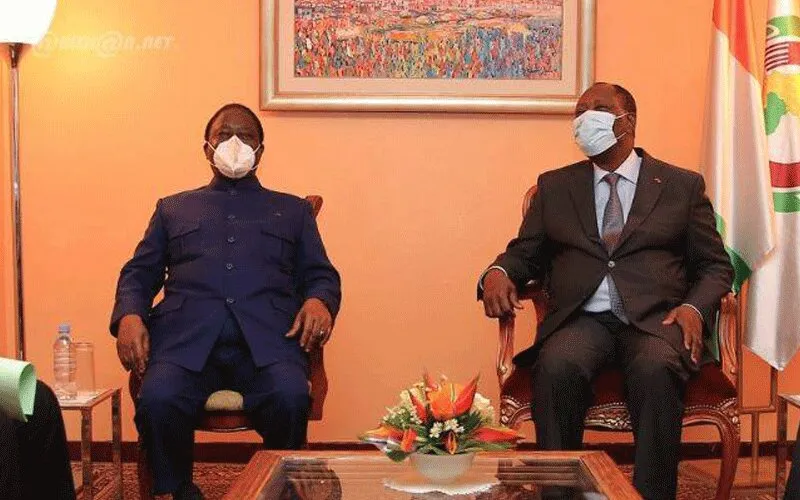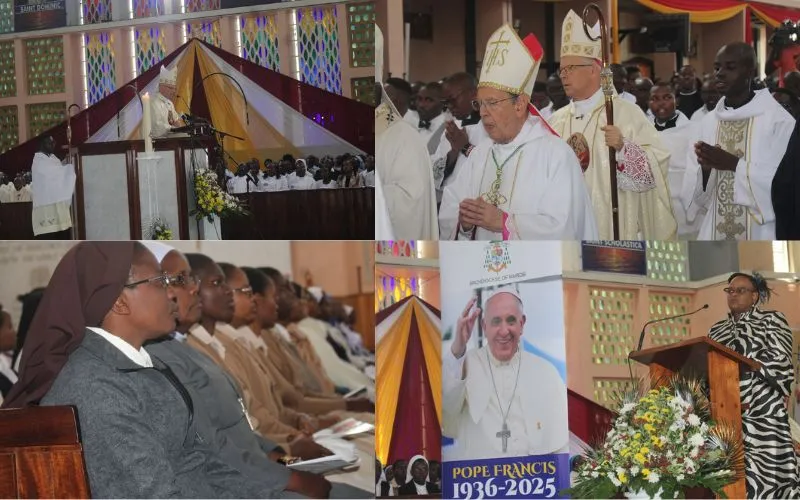Opposition politicians have contested the poll results insisting that President Ouattara breached the constitution by running for a third term, claims that have whipped emotions among their supporters.
At least 16 people have been reported dead in the ensuing violence, whose epicenter is said to be in the country’s political capital, Yamoussoukro.
Two opposition leaders have been reportedly arrested for rejecting the poll results while the home of the leader of the main opposition party, Democratic Party of Ivory Coast (PDCI), 89-year-old former President, Henri Bedie is under security forces blockade.
Amid the tensions, over 8,000 Ivorians have fled to neighboring countries, majority of them to Liberia and others to Ghana, Guinea, and Togo, according to UNHCR.
“Over 60 percent of arrivals are children, some of whom arrived unaccompanied or separated from their parents,” the leadership of the refugee agency has said, adding, “Older people and pregnant women have also fled, most carrying just a few belongings and little to no food or money.”
The October 31 presidential election was held amid calls for “civil disobedience” and a boycott of the polls by the country’s opposition politicians as an indication of their protest against President Quattara’s decision to run for a third term.
President Ouattara took over power after the highly contested 2010 election that saw him win against the then incumbent Laurent Gbagbo. Gbagbo’s refusal to cede power to Ouattara led to the 2010-2011 Ivorian crisis, which was characterized by loss of at least 3,000 lives.
However, President Ouattara’s bid for a third term in office put him at loggerheads with other political leaders. In his defense, the 78-year-old Head of State has argued that his first two terms should not be factored in the two-term limit since the 2016 constitution had not been promulgated.
Politicians opposed to his presidential bid had termed the move as illegal and demanded for the dissolution of the country’s Constitutional Council that had approved his candidature and disqualified 40 of the 44 candidates, some of them considered strong opponents.
Two of the remaining four candidates – President Ouattara’s opponent in 2015, Affi N'Guessan, and former President Henri Konan Bedie, ousted in a coup in 1999 – did not participate in the polls.








